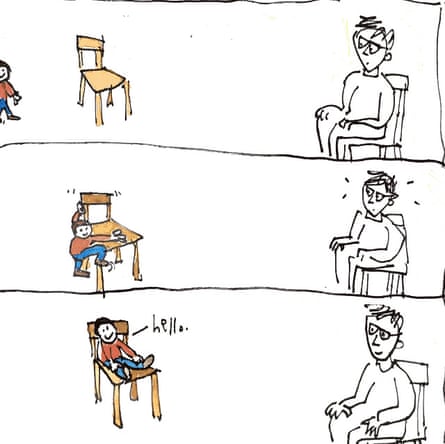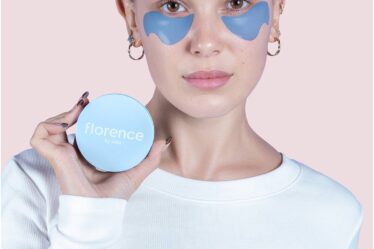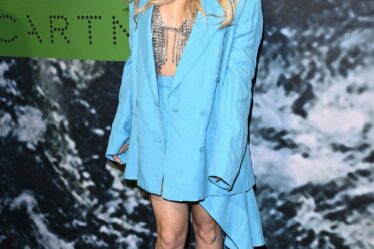
It was the end of the day at school. Teachers sat around the hall, behind tables, waiting to help us choose our A-levels. At the table marked “Art” sat a teacher with a beard and a checked shirt. He’d never taught me. I sat down and told him I wanted to be an artist.
He was downbeat and said something about it being “hard to be an artist”. I’m not sure if those were the exact words he used, but I remember the feeling – it was as if he had said: “You, Flintoff, cannot be an artist.”
Would another teacher have said something different? Maybe. One, Mr Elliott, had told the whole class he had read about me in the local newspaper (“Schoolboy Artist Brushes Success”) after I won a special prize, aged 14, in a painting competition for adults.
I’ve still got that newspaper cutting. I remember sitting on the wall outside the front of our neighbours’ terrace house, talking to the reporter. I was shy, found words difficult, but she wrote down what I said in her spiral-bound notebook. This was the quote she used: ‘“At the moment I paint just because I enjoy it. I’d like to be able to earn my living this way later on.”’
To see my photo in the paper, and that quote, was to believe I could do it. But the bearded teacher with the checked shirt seemed determined to destroy my dream.
Looking back, years later, I see that this is nonsense. I simply misunderstood him. For whatever reason, I went into writing instead: I studied English literature, became a journalist – like the woman who interviewed me on the neighbours’ wall – and published books.
But a series of traumatic events, followed by loss of work, destroyed my confidence. I had a breakdown at the end of 2017, and admitted myself to psychiatric hospital with depression and anxiety. For a short time I was put on what nobody officially calls suicide watch. I was convinced there was nothing in life to look forward to.
One of the nurses told me I needed to “practise self-care”. To me, the words conjured a picture of candles around a bath. I couldn’t see how this would help. “Make friends with yourself,” he said. Again, I was baffled. I understood the individual words, but not the sentence as a whole.
I asked for clarification in a group therapy session. The therapist said: “Imagine yourself, aged four or five. Imagine that little boy coming into the room now … What would you say to him?” I was stumped. Words failed me – me, the writer. I went back to my room, where I had a sketchbook and pens, and started drawing.
I drew a picture of myself as I am now, sitting opposite an empty chair. Then I drew the same scene, with a little boy walking towards the empty chair. Then I drew it again with the boy climbing on to the chair. He had a friendly smile, and I gave him a speech bubble: “Hello.”
Not knowing how to reply, the adult version of me just sat there, looking awkward. Over the next few weeks, I drew hundreds of drawings. Many featured Little JP, with me – Big JP – holding his hand as we had various adventures. Was this self-care?
Then one day, in another group session, I used words to describe myself that I’d never use to describe someone else: “A worthless cunt.” I looked around at the other faces and saw consternation. Plainly, they didn’t see me that way. But how could I stop thinking it? And then I remembered Little JP.
Back in my room, I drew a picture of the round-faced four-year-old me, sitting on a chair down at the bottom of the page, with a frightened expression. In big letters, I wrote at the top of the page: “Worthless cunt.” And suddenly, finally, I could see what a terrible thing it was to speak – or think – of myself that way. How cruel, how brutal it was. And I stopped doing it.
Since then, my art has continued to flourish, alongside my writing. In lockdown, I sketched people’s portraits online to raise money for charity – one subject was Olivia Colman. I used an online tool to draw collaboratively with people far away.
Best of all, I wrote a book – about finding peace in the places we call home – and I illustrated it, too: 50 full-colour drawings, plus the cover showing the view from my hospital window. Can you imagine how good that feels? I wanted to make art for a living. Forty years passed. And now I do.
Psalms for the City by John-Paul Flintoff is out now.



